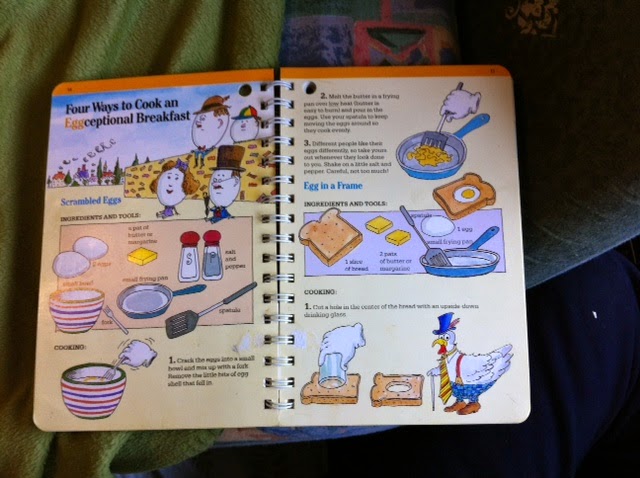The railway was important because Alberta and Saskatchewan were not part of Canada yet, kind of like no-man's-land. So the CPR -(who also owned the steam boats)- decided to make a deal so that you could buy:
- a steam boat ride from England
- a train ticket from Newfoundland to Alberta/Saskatchewan
- and one acre of land for $2.50 as long as you worked the land.
The railroad was part of a promise to British Columbia to enter confederation. So, the rest of what was Canada at the moment said to B.C. at that moment, "You can be part of Canada and we promise to provide transportation between us and you guys."
In the video "BC's Early Years" I learned it was really, really, really hard to build the railway because they had to work with lots of explosives to level out the ground and make tunnels so that he railroad would be easier to build and the trains going on the track wouldn't have burn so much coal.
But this was very, very dangerous and most of the workers were imported from China. Unfortunately for every mile of track that was laid out, 4 chinese men died. Some of them died from explosives, some of them died from scurvy, because to remind them of home they ate only fish and rice, and some of them died of being worked too hard. They weren't treated well or appreciated or honoured. The white men thought themselves better than the Chinese, kind of like they did with the First Nations. Sad, isn't it?
But this was very, very dangerous and most of the workers were imported from China. Unfortunately for every mile of track that was laid out, 4 chinese men died. Some of them died from explosives, some of them died from scurvy, because to remind them of home they ate only fish and rice, and some of them died of being worked too hard. They weren't treated well or appreciated or honoured. The white men thought themselves better than the Chinese, kind of like they did with the First Nations. Sad, isn't it?
I'm reading the Dear Canada book "A Ribbon Of Shining Steel" and it's the diary of a girl who lived while the CPR was still being built in Yale, B.C. and her father would be away for long stretches of time, like a week, and she would lay awake in bed every night hoping that her father hadn't died in the past few days. Her father would always come home telling stories of how more and more Chinese died and he thought it was so unfair they were treated so unfairly.
We are also reading the Laura Ingalls Wilder book "On The Shores Of Silver Lake" and the railroad plays a part in that book because Laura and her family have only ever been transported in wagons up until then, and the train is this new wonderful invention to transport lots of people and cargo over land so extremely fast that a journey that used to take a covered wagon a whole day of steady going, only 30 minutes. Laura felt nervous about going on the train because it was a new invention and there were sometimes minor/ major setbacks, like trains running off the tack and huge train crashes and people dying, so she was kind of scared of going on the train the first time and every thing was all right.
In that book her Pa is working at the store for men working on railway grade and the railway grade is when you smooth out the land you're about to build railway tracks on so that the trains don't have to burn more coal.
In that book her Pa is working at the store for men working on railway grade and the railway grade is when you smooth out the land you're about to build railway tracks on so that the trains don't have to burn more coal.
The first transcontinental passenger train departed from Montreal and arrived at Port Moody at noon on 4 July 1886. Now at our new house we live really close to Port Moody and my Papa and I are going to visit that train station at Spring Break.
By that time, however, the CPR decided o change up the location of the train station from Port Moody to Granville, which was renamed "Vancouver" later on that year. The first official train destined for Vancouver arrived on 23 May 1887.
We went to visit engine number 374 at the Roundhouse in Yaletown, the engine that puled the first official train destined for Vancouver.
It was cool and there were a few old geezers there and I didn't really understand what they were saying, but it seemed like a nice chance to talk to them and basically they just said what I already knew about the CPR, but it was kind of nice.
The CPR is important in Canada's history because it was kind of the reason that Alberta and Saskatchewan are a part of the country today. The railroad joined the country together. Whhhopie!!!!
The CPR is important in Canada's history because it was kind of the reason that Alberta and Saskatchewan are a part of the country today. The railroad joined the country together. Whhhopie!!!!


















































